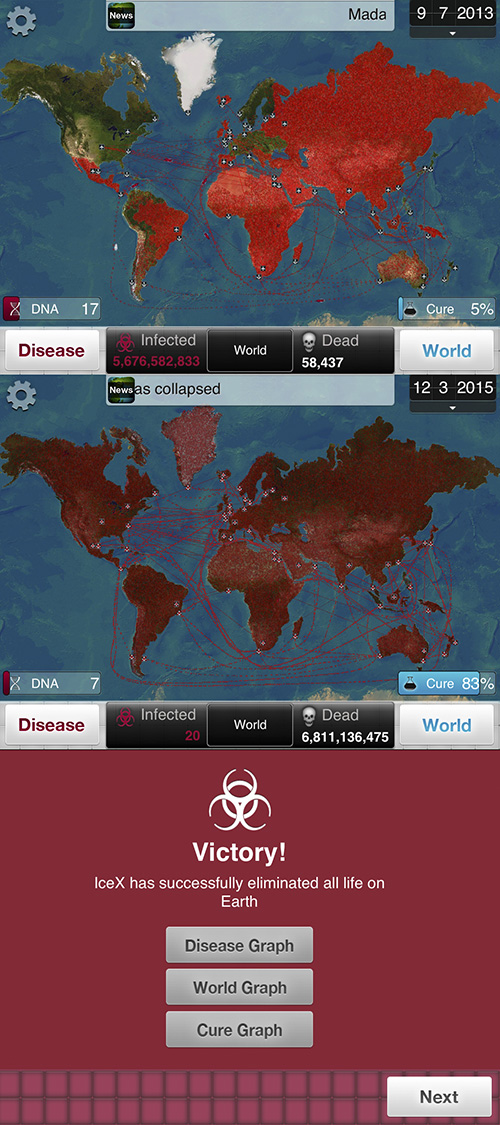Momentum Interview

Shortly after the Aspen Environment Forum, Momentum, the journal of the University of Minnesota's Institute on the Environment, interviewed me by phone. That interview is now available in the latest issue (Fall 2012) of Momentum (Flash version here, PDF version here).
The main thrust of the interview is the process of foresight and futurism, and I get to trot out some favorite ideas, such as "legacy futures." As is typical for phone interviews, I could have phrased a few things more elegantly, but by and large I'm happy with the result.
Here's a taste of the conversation:
Momentum: HAVE YOU GIVEN UP ALL HOPE IN POLITICS AND POLITICIANS WHEN IT COMES TO SOLVING GRAND ENVIRONMENTAL CHALLENGES?Cascio:There’s certainly a role for governments and government institutions. They are ultimately the ones who make policy into laws, and there has to be buy-in at that level for anything to be able to move forward because they can really get in the way. But more importantly, they’re one of the handful of institutions that have the potential to have a longer term perspective, an institutional memory that lasts longer than any one person. Religions are one example; universities are another and governments are yet another. So there’s definitely a role.
Now, that doesn’t mean governments are the perfect source. And it certainly doesn’t mean they can’t become problematic. I think we’re at a particularly pathological era in American government, but that doesn’t have to last. It can’t last.
Thank you to the IoE and UMinn's Jon Foley for the platform!

 Plague, Inc., by
Plague, Inc., by 


